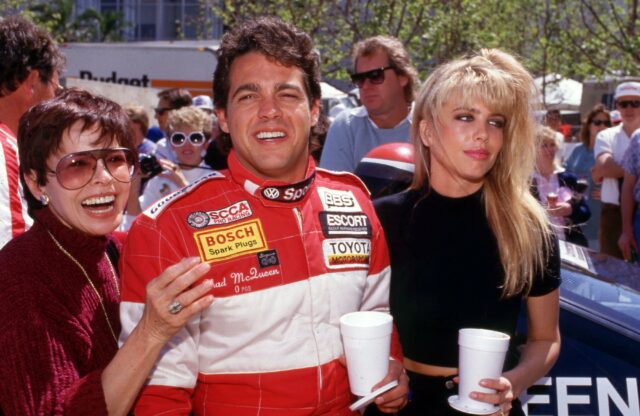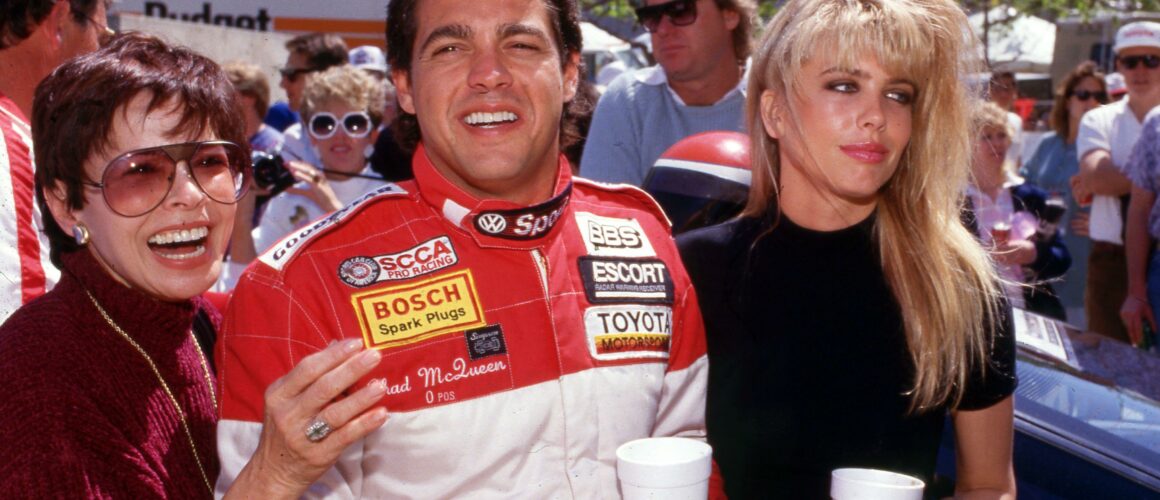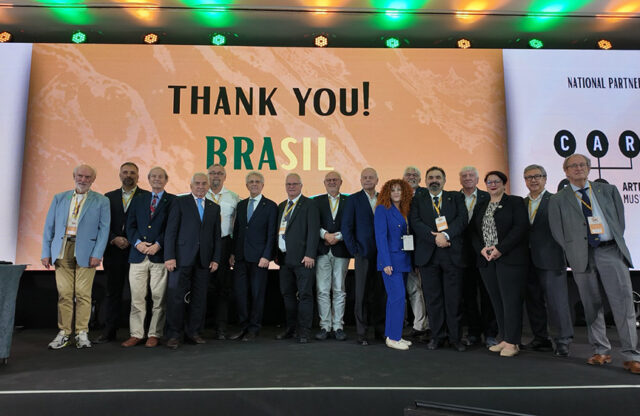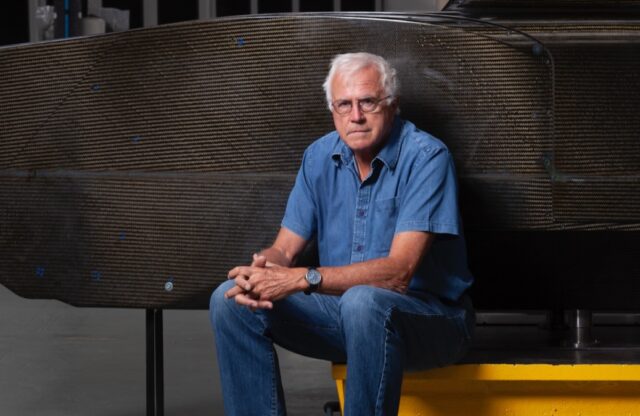Magneto regrets to report that Chad McQueen, son of legendary actor Steve McQueen, died in Palm Springs, California, on September 11, 2024. He was 63 years old.
It’s reported that Chad passed away from organ failure, having never fully recovered from an injury he suffered after a fall in 2020. Matt Stone interviewed Chad for Magneto around that time, with McQueen recalling his memorable summer at age ten on the set of Le Mans with his father in 1970.
“Even as he was filming Bullitt in 1968, my dad already had visions of an epic racing film in his head, a super-realistic, immersive, visual experience,” Chad recalled.
“Dad left for the 1970 race and to begin filming the movie before we [Chad and sister Terry] got out of school. Mom took us to Europe on the SS France. Dad sent a plane for us upon our arrival at Le Havre [harbour], which then landed at the Le Mans course near Solar Village, a compound that was set up by Solar Productions to house the cars, race drivers, crew and equipment.
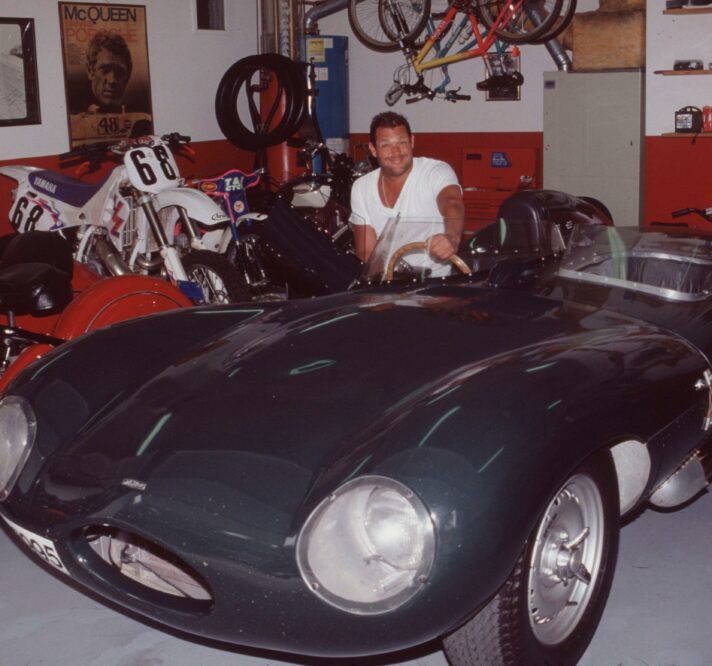
We ultimately hit 100mph, and I’ll never forget the sound, smell, sight and feeling of that moment, driving a 917 with my dad
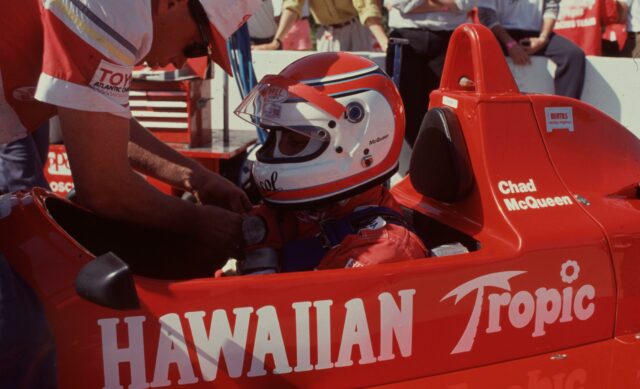
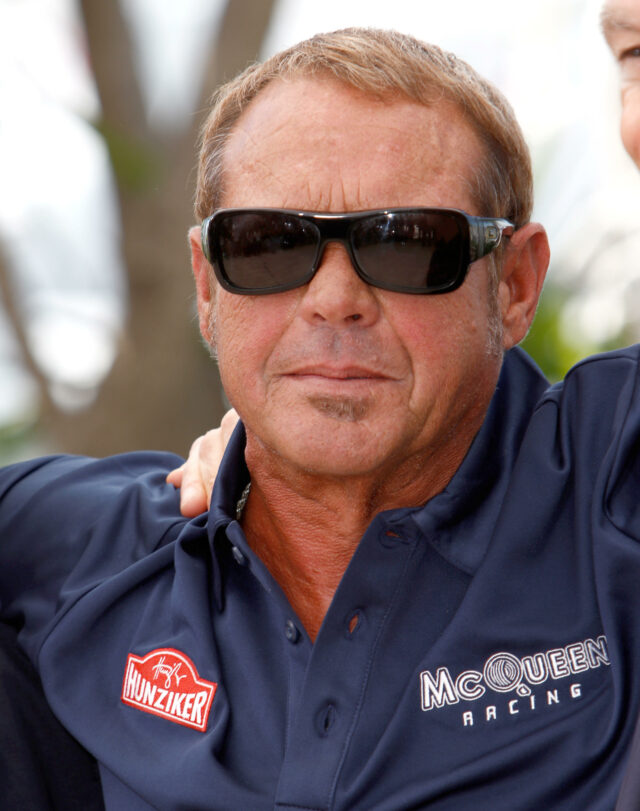
“That first day when we arrived at La Sarthe, they were shooting near the Indianapolis corner. I couldn’t believe my eyes. One of the first things I saw, which just blew me away, was one of the long-tail 917s. There were four 512s on one side of the circuit and a row of Gulf- liveried 917s on the other. Lola T70s, 911s and a strange blue car called a Matra. I didn’t know what that was at first, but later I learned it made the most glorious noise – ever. I thought: ‘This is going to be one bitchin’ summer.’”
As we all know, it’s amazing that Le Mans was ever completed, given a somewhat troubled production. Filming began with very little in the way of a script, so scenes were being written and rewritten every day, on the fly. McQueen and director John Sturges were constantly at odds; so much so that one day, relatively early in the process, Sturges called a halt to his involvement, and quit.
Lee Katzin was brought in to replace him – a solid enough, if not at first logical, choice because most of Katzin’s more significant credits involved television, not feature-length films. But he had a good eye for action-photography sequences, and an easy style that likely disarmed McQueen. The production was over budget, and behind schedule, while it’s no secret that during this time, Steve’s marriage to first wife, singer/dancer/Broadway star Neile Adams, was disintegrating. Le Mans was successfully completed and released primarily due to McQueen’s sheer force of nature, will and commitment to the project.
Chad recalled one particularly dark day: “My dad wasn’t afraid of the risks involved in any type of racing, but he was well aware of them, and took it all very seriously. He’d drive those 917s at racing speeds for weeks on end, and once told me: ‘Every day, I thought I was gonna get killed out there.’
“I arrived late at the Solar compound for lunch one day, and all of a sudden there was a weirdness in the air. I heard there was a crash near the White House corners complex, and of course I so hoped and prayed it wasn’t my dad. About 15 minutes later, he pulled up on his Triumph and said: ‘Come here. I want you to see what can happen in racing.’ It was David Piper, one of the pro drivers working on the film. I saw what was left of his 917, which was in many pieces. I remember seeing a wheel, with its A-arms still attached, sitting out in the cow pasture next to the course, a long way from the accident. Thankfully David survived, but he later lost his foot due to an infection stemming from the crash. For a ten-year-old kid, it was all pretty mind blowing.”
Chad McQueen also had countless fond memories of his ‘ultimate summer vacation’ at Le Mans – but among them, two in particular stand out. One was competing in – and winning – his first motor race. At La Sarthe, organisers hosted a Mini Le Mans race, on a small course set up from haybales. The cars were small-scale go-kart-style machines fitted with roadster bodies resembling the Ferraris, Porsches and GT40s. Chad was running in second, when he closed in on the leader; they came together, sending his rival into the haybales. It was all fine, fun and fair, and the two young competitors spoke and shook hands post-race – Chad is justifiably proud of, and still has, this trophy.
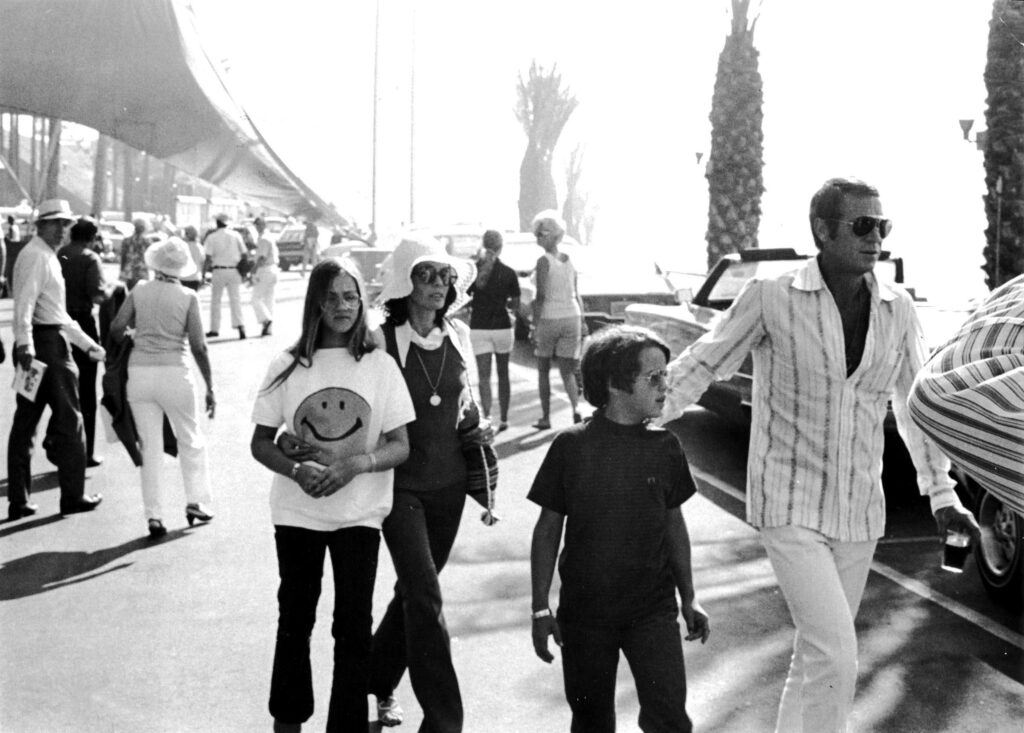
The other is his first time at the wheel of a 917, there at Le Mans. “My dad put me on his lap in the Porsche, and he of course shifted and worked the pedals, but I had my hands on the steering wheel, with his just ‘ghosting’ mine. I was guiding the car, but his hands were right there ready to step in if needed. We ultimately hit 100mph, and I’ll never forget the sound, smell, sight and feeling of that moment, driving a 917 with my dad.”
As an adult, Chad followed his father’s path into acting and racing. His most notable role was Dutch, a Cobra Kai villain in The Karate Kid films. While his acting career never ascended to the heights of his father’s, Chad proved to be a talented racing driver and competed at top-tier events such as the Le Mans 24 Hours and Sebring 12 Hours.
Unfortunately, Chad’s racing career was cut short due to a big crash during a practice session for the Daytona 24 Hours in 2006. The crash left him with a fractured left leg and spine, as well as multiple broken ribs.
Unable to race due to injuries, Chad founded McQueen Racing in 2010, collaborating with manufacturers to build limited-edition cars, trucks and motorcycles.
Chad is survived by his wife Jeanie, children Steven, Chase and Madison, and his 92-year-old mother Neile Adams.
